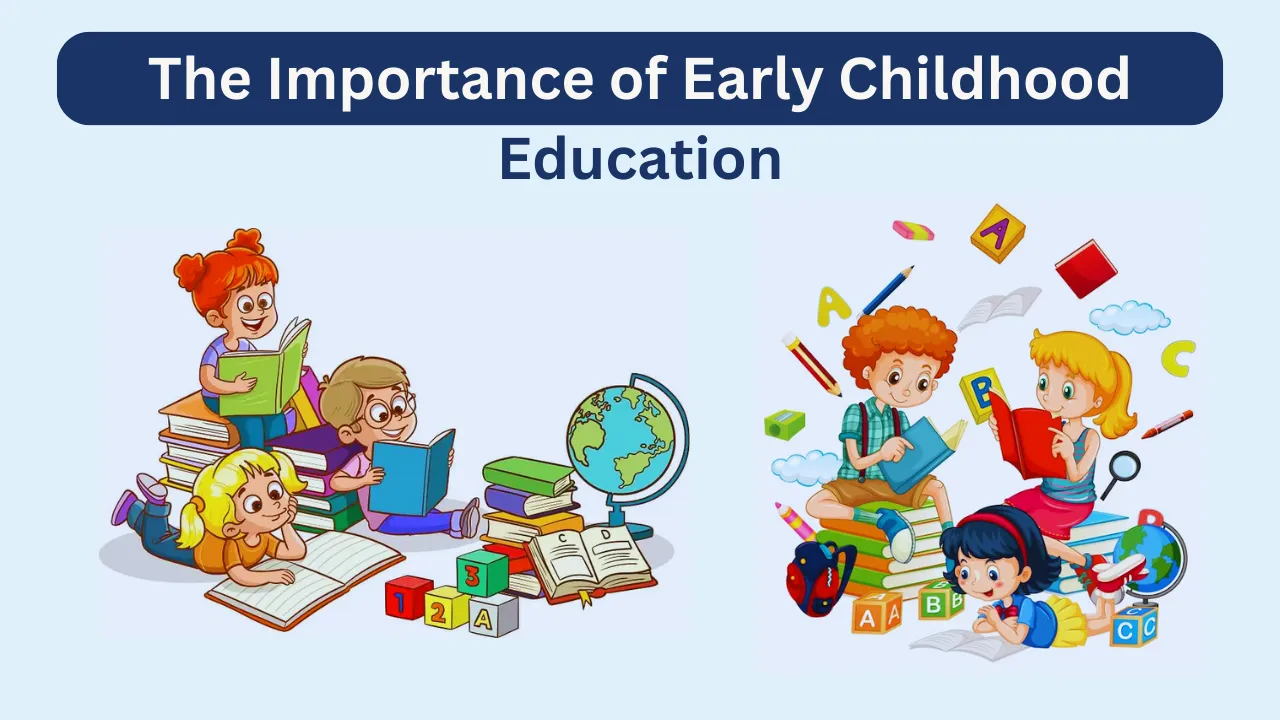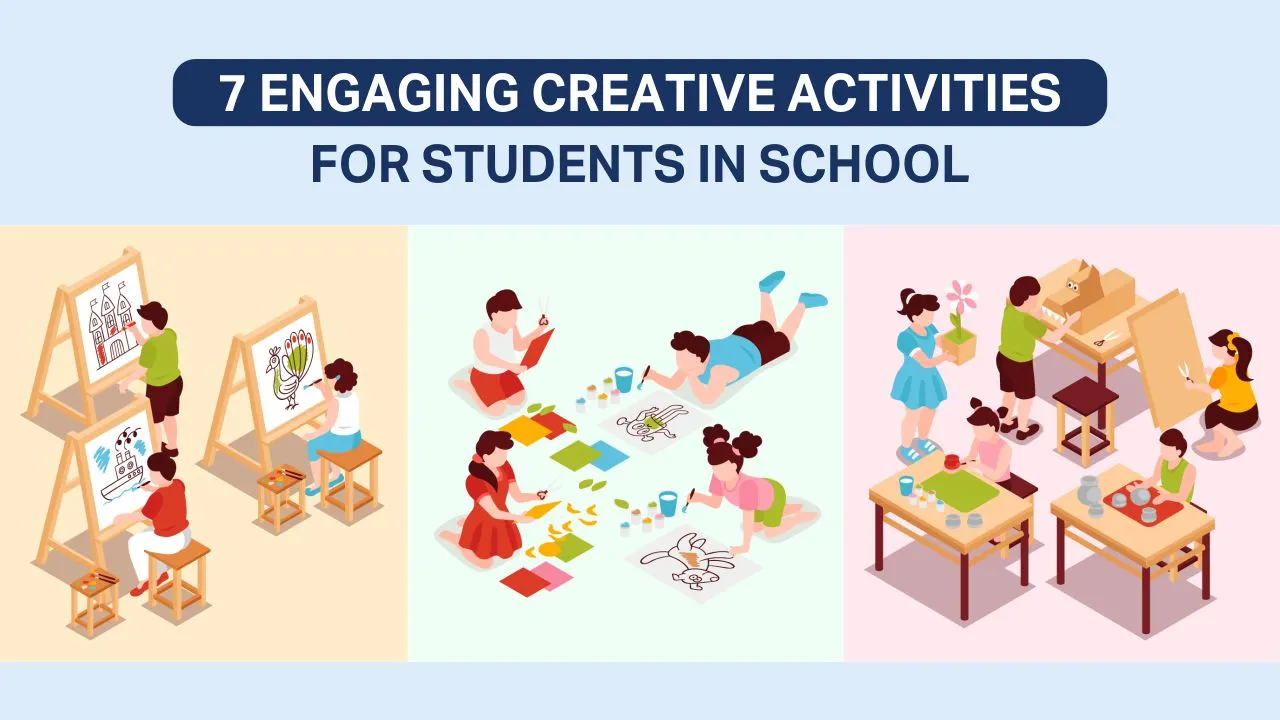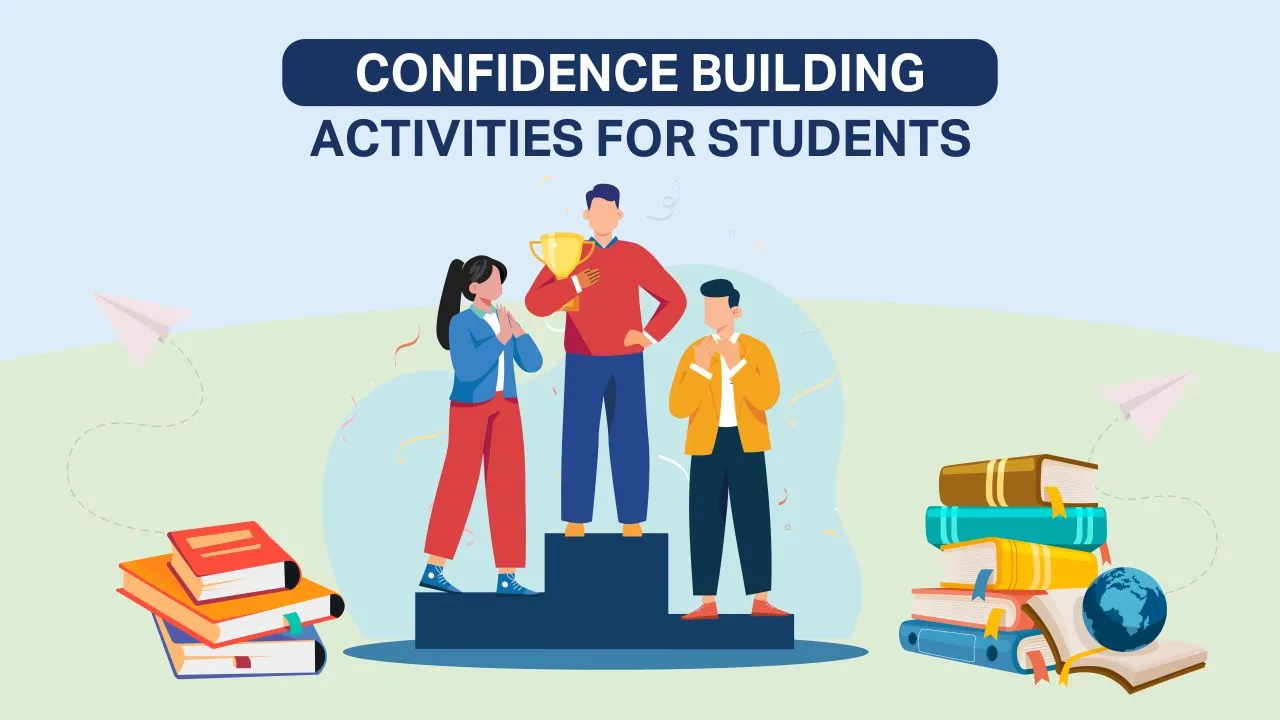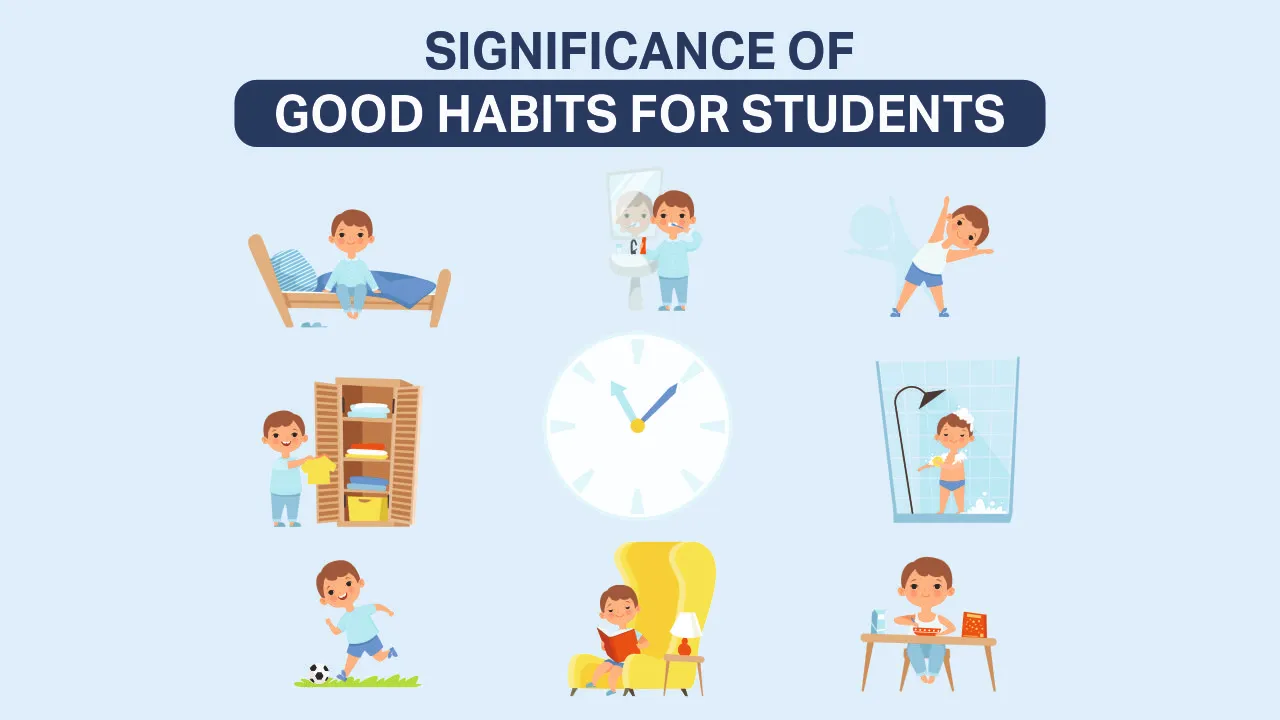The Importance of Early Childhood Education
Early childhood education is the cornerstone of a child’s development. It lays the foundation for future learning, social interactions, and personal growth. In this blog, we will explore the significance of early childhood education, its benefits, and why investing in it is crucial for both individuals and society as a whole.
The Importance of Early Childhood Education
The early years of a child’s life, from birth to around age 8, are a period of rapid brain development and learning. During this time, children absorb information like sponges, and their brains are highly adaptable. Early childhood education leverages this critical window of opportunity to provide a nurturing and stimulating environment that fosters learning, social skills, and emotional development.
Key Benefits of Early Childhood Education
Cognitive Development
Early childhood education programs are designed to stimulate cognitive development by introducing children to language, numbers, shapes, and problem-solving skills. These programs enhance a child’s ability to think critically and prepare them for more advanced learning.
Socialization
Children learn vital social skills through interaction with peers and educators. They learn how to share, cooperate, and communicate effectively, setting the stage for healthy relationships throughout their lives.
Emotional Well-being
Early childhood education promotes emotional development by helping children understand and manage their emotions. It provides a safe and nurturing environment where they can express themselves and develop resilience.
School Readiness
Children who have participated in early childhood education are more likely to enter formal schooling with the necessary skills and knowledge to succeed academically. They tend to have better reading and math skills and are more likely to graduate from high school.
Long-term Benefits
Research consistently shows that childhood education leads to improved outcomes in adulthood. Individuals who have received quality early education are more likely to secure stable employment, earn higher incomes, and have better overall health.
Supporting Brain Development
The brain undergoes significant growth and development during the early years. Early childhood education programs stimulate various regions of the brain, promoting neural connections and enhancing cognitive abilities. These experiences lay a strong foundation for future academic success and lifelong learning.
Investing in Society
Beyond individual benefits, society as a whole benefits from childhood education. Quality early education reduces the likelihood of children becoming involved in criminal activities later in life, leading to safer communities. A well-educated workforce contributes to economic growth and competitiveness on a global scale.
Conclusion
Early childhood education is a powerful tool for unlocking the potential of our youngest citizens. It provides a strong foundation for lifelong learning, fosters social and emotional development, and offers numerous benefits for both individuals and society. By investing in early childhood education, we are not only ensuring a brighter future for our children but also building stronger, more prosperous communities and nations.





